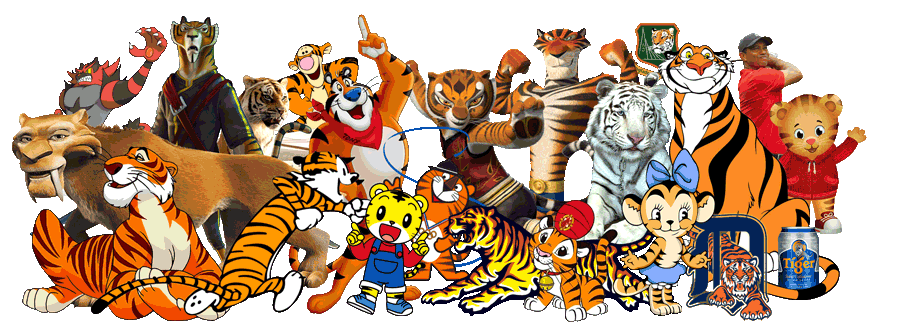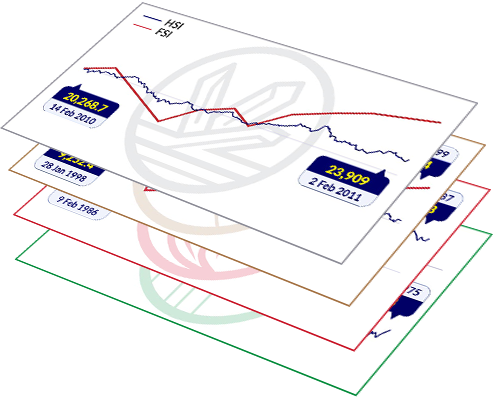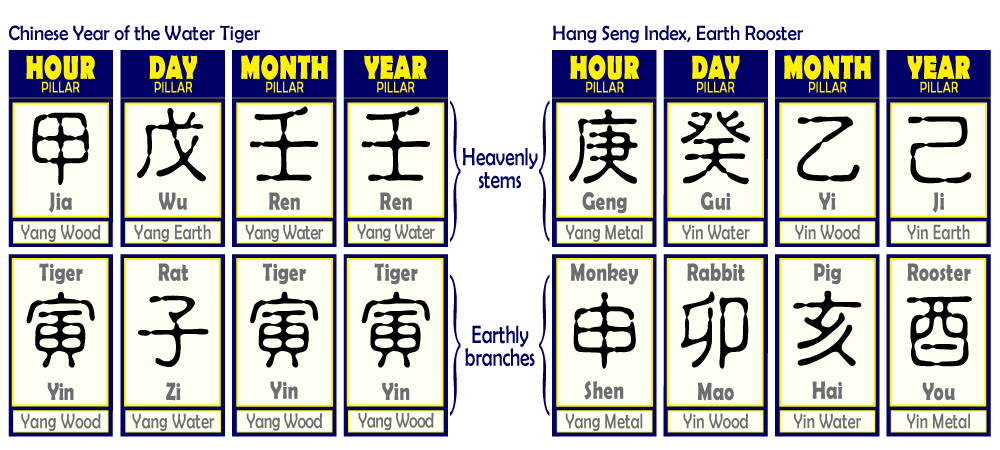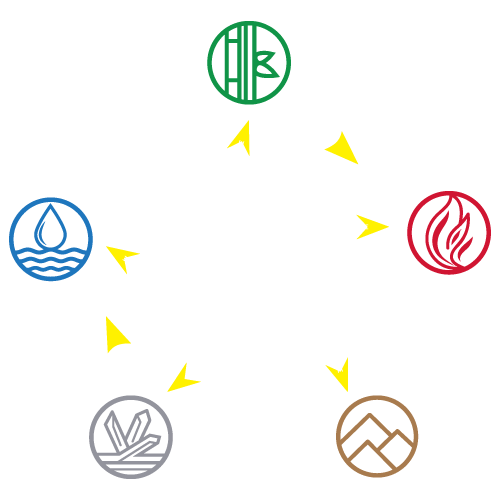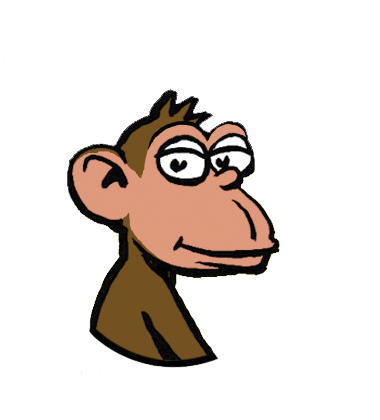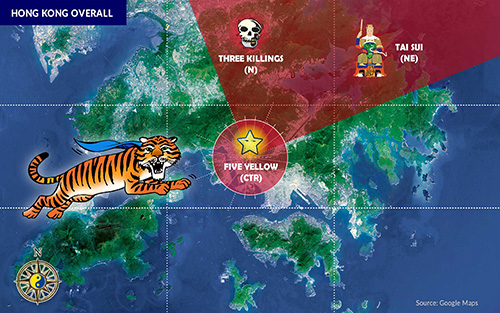








Kung Hei Fat Choy
Year of the Water Tiger
As a fun respite from investment research, we hope you enjoy this tongue-in-cheek Feng Shui guide as we welcome you to the Year of the Water Tiger. Courageous, decisive and confident, the Tiger is a trailblazer. Our cover features the famous Tiger Leaping Gorge, part of the Three Parallel Rivers of Yunnan and a world heritage site. According to legend, a tiger once leapt from the north to the south, crossing the upper reaches of the Yangtze River by landing on a rock in the middle of the torrents, turning backwards, and then continuing on to the south bank. It's not a far stretch to imagine ourselves looking through Tiger's eyes.

